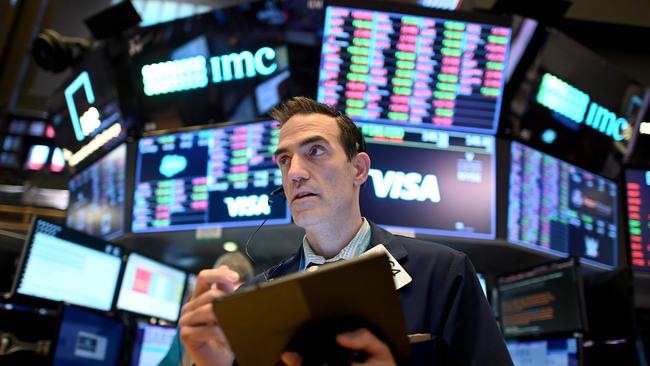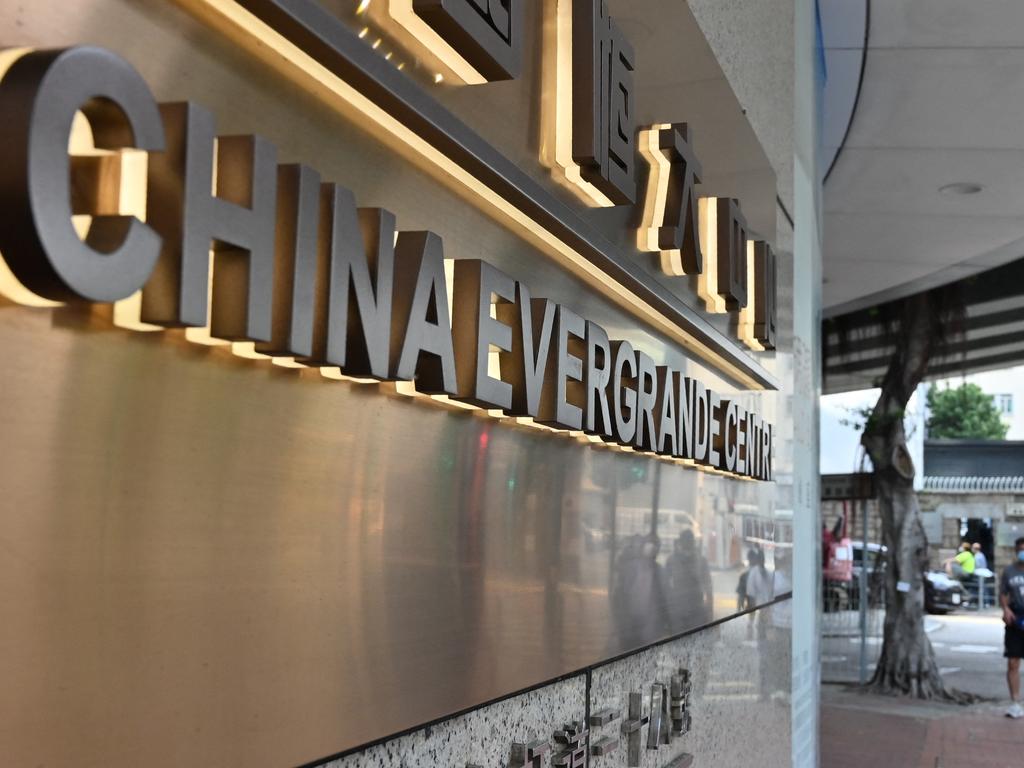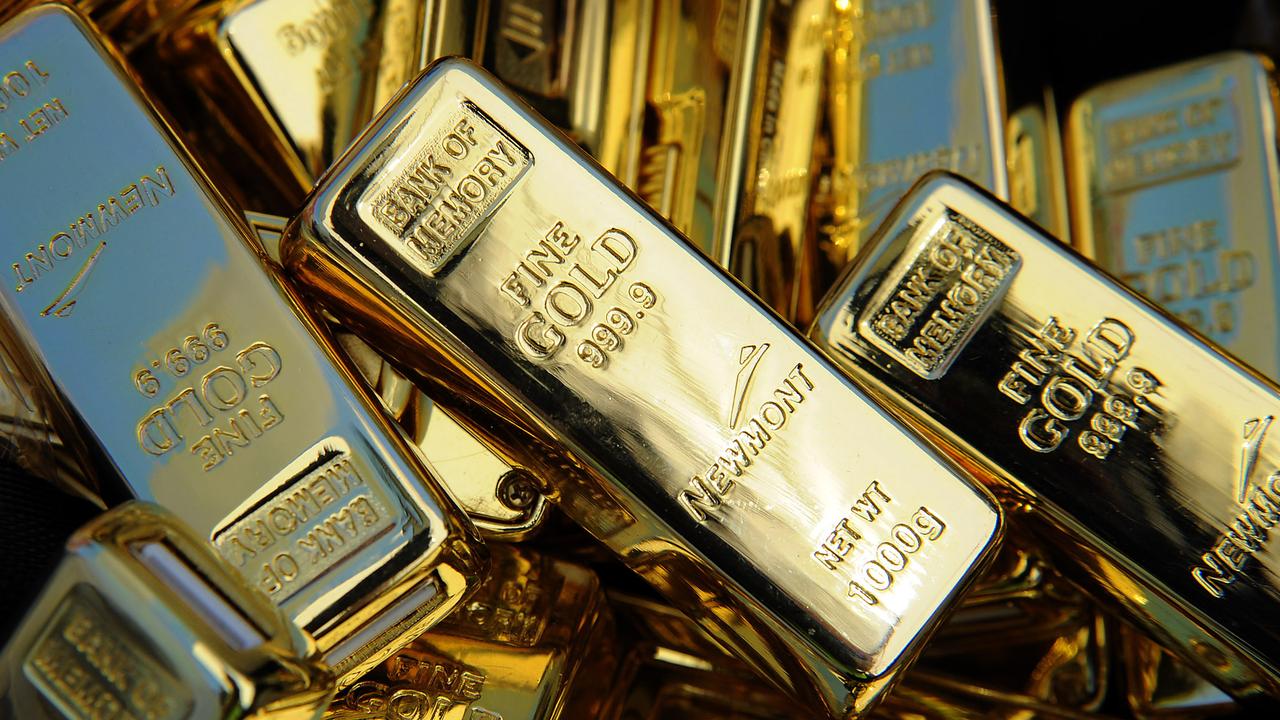Evergrande could be catalyst for a correction
The sharemarket wobble is testing nerves as investors anticipate a deeper sell-off.

The Australian sharemarket may have managed to hold off the bears so far this week but they are still massing at the gate.
Following a 2 per cent swoon on Monday, the market finished 0.35 per cent higher on Tuesday thanks largely to one single factor: US futures were signalling a slight uptick throughout the Australian session.
For investors this week’s wobble can serve as a test for a pullback, a correction or even a crash.
The immediate reason for market nerves is China’s property finance crisis which is hitting an overpriced ASX that has managed 11 successive months of higher prices.
Investors are watching for signals from overpriced reopening stocks (Qantas – down 15c on Monday, up 12c Tuesday) and mining stocks, which are not expected to repeat the exceptional profits of last year (Fortescue down 57c on Monday, up 5c on Tuesday).
Separately, traders are also closely tracking defensive stocks which can also boast some growth momentum, such as Telstra.
Sharemarket investors are worried about fading global growth prospects, inflation threats and another “taper tantrum”, but it is China’s Evergrande debacle which worries most because it could foreshadow a credit crisis.
Last year’s Covid-driven crash was recouped within a few months. But after the most recent global credit crisis – the GFC – the Australian market took more than a decade to regain its 2007 peak.
Specifically, the fear is that Evergrande defaults on its high yield debts sending shockwaves well beyond China and into the heart of global markets.
For Australian investors China’s policy moves in the days ahead are pivotal.
It is unclear how the Xi regime will move to manage the fallout from the Evergrande debacle. Separately, the wider effects of China’s property economics continue to play out in sharply lower prices for iron ore, the key Australian export commodity.
As always the brokers don’t want the party to stop and any market forecasts are invariably couched inside broad scenarios.
For example, Wall Street investment giant Morgan Stanley laid out the case for a 10 per cent or a 20 per cent fall on US markets in a note earlier this week.
Citing downside risk to earnings revisions, consumer confidence and industrial indicators, the note from chief investment officer Michael Wilson said: “We think the mid-cycle transition will end with the rolling correction finally hitting the S&P 500.”
Morgan Stanley has already warned that cash would beat US shares over the next 12 months.
Looming over the objective reasons for a potential correction on global markets is the historical reality that September is the worst month for stocks in both Australia/Asia and the US.
Few in the market will disagree with the view that we are now mid-cycle in a Covid recovery – but there is also wide agreement that the sharemarket is still attractively priced compared to bonds and cash.
The issue is what to do when the market produces an inevitable widespread sell-off.
As Will Hamilton, a veteran of The List: Top 100 Top Advisers, wrote in The Austrailan’s wealth section recently: “Once in five years, on average, the market declines and as one pundit noted recently: ‘Volatility is the price you pay for a seat at the table’.”
As Hamilton suggested: “Buy the dip would be how I play this – not selling ahead of the dip, fearing we are at the end of this cycle.”







To join the conversation, please log in. Don't have an account? Register
Join the conversation, you are commenting as Logout